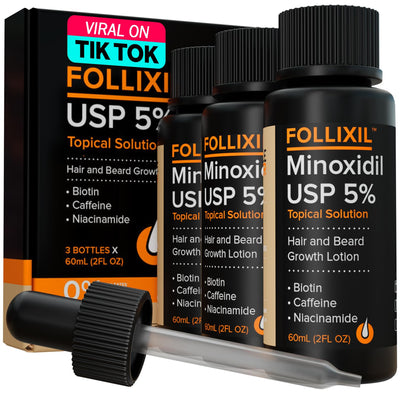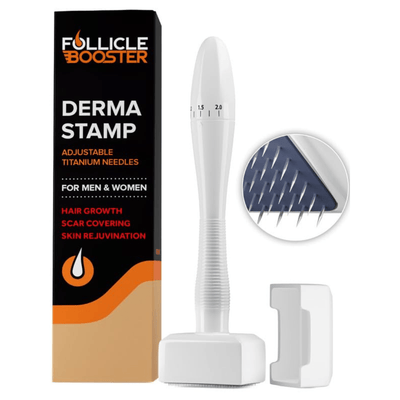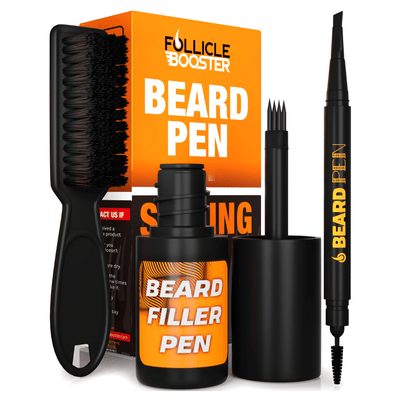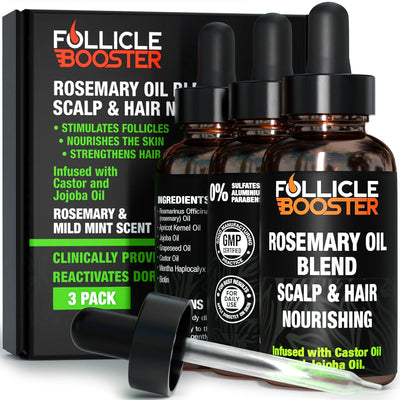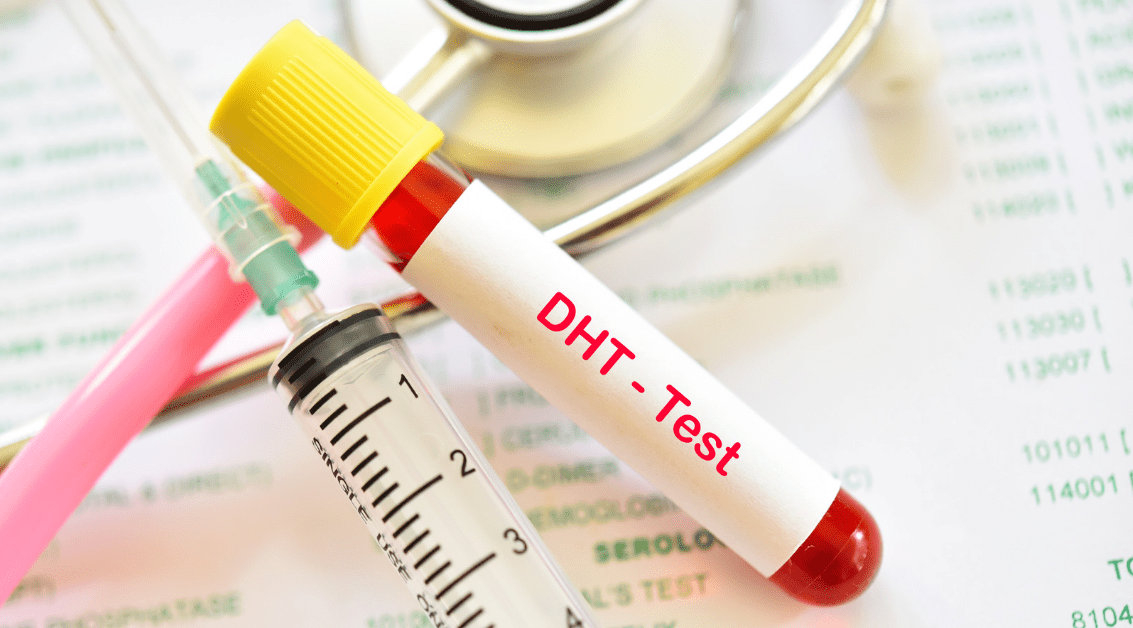Dihydrotestosterone (DHT) is a potent androgen derived from testosterone and is responsible for various physiological effects in the body, including the development of male characteristics. However, excessive DHT levels can lead to issues such as hair loss and prostate enlargement. Here's a comprehensive guide on how to stop or reduce DHT effectively.
Understanding DHT and Its Impact
Before discussing methods to stop DHT, it's crucial to understand its role. DHT is produced by the enzyme 5-alpha-reductase, which converts testosterone into DHT. While DHT plays a significant role in male development, an excess can lead to androgenetic alopecia (male-pattern baldness) and benign prostatic hyperplasia (BPH).
Methods to Stop DHT
-
Medications
- 5-Alpha-Reductase Inhibitors: These medications, such as finasteride and dutasteride, work by inhibiting the enzyme 5-alpha-reductase, thus reducing testosterone's conversion to DHT. Finasteride is commonly prescribed for hair loss and BPH and has shown significant efficacy in lowering DHT levels but involved several risks.
-
Topical Treatments: Minoxidil, though not a DHT blocker, is often used in conjunction with DHT blockers to promote hair growth. Topical finasteride is also available, offering a localized approach to reducing scalp DHT levels with potentially fewer systemic side effects.

-
Natural Supplements and Herbs
-
Saw Palmetto: This herbal supplement is widely recognized for its potential to inhibit 5-alpha-reductase, thereby lowering DHT levels. Studies have shown that saw palmetto can effectively treat hair loss and improve prostate health.

-
Pumpkin Seed Oil: Rich in essential fatty acids and antioxidants, pumpkin seed oil is another natural remedy believed to reduce DHT production. Its anti-inflammatory properties also contribute to overall scalp health.

-
Green Tea: The catechins in green tea, particularly epigallocatechin gallate (EGCG), have been shown to inhibit 5-alpha-reductase and reduce DHT levels. Regular consumption of green tea or its extracts can support hair health.

-
Saw Palmetto: This herbal supplement is widely recognized for its potential to inhibit 5-alpha-reductase, thereby lowering DHT levels. Studies have shown that saw palmetto can effectively treat hair loss and improve prostate health.
-
Dietary Adjustments
-
Zinc and Biotin: Adequate zinc and biotin intake can help regulate hormone levels and support healthy hair growth. Zinc acts as a natural DHT blocker by inhibiting 5-alpha-reductase, while biotin strengthens hair follicles.

- Low-Sugar Diet: High sugar intake can increase insulin and androgen levels, possibly boosting DHT production. A balanced diet low in refined sugars and high in vegetables, fruits, lean proteins, and whole grains can help maintain healthy hormone levels.
-
Zinc and Biotin: Adequate zinc and biotin intake can help regulate hormone levels and support healthy hair growth. Zinc acts as a natural DHT blocker by inhibiting 5-alpha-reductase, while biotin strengthens hair follicles.
-
Lifestyle Changes

- Stress Management: Chronic stress can elevate cortisol levels, which in turn can increase DHT production. Meditation, yoga, and regular exercise can help manage stress and reduce its impact on hormone levels.
- Scalp Massage: Regular scalp massages can improve blood circulation, promote hair growth, and reduce DHT buildup in hair follicles. During massages, essential oils like rosemary or peppermint can enhance these benefits.
Stopping or reducing DHT involves a multi-faceted approach that includes medical treatments, natural supplements, dietary adjustments, and lifestyle changes. Consulting with a healthcare provider is essential before starting any new treatment regimen, especially when considering medications like finasteride or dutasteride. By combining these strategies, you can effectively manage DHT levels and mitigate their adverse effects on hair and prostate health.
Key Takeaways
- 5-Alpha-Reductase Inhibitors: Medications like finasteride and dutasteride can significantly lower DHT levels but risks should be take into consideration.
- Natural Supplements: Saw palmetto, pumpkin seed oil, and green tea are effective natural DHT blockers.
- Dietary Adjustments: Maintaining a diet rich in zinc and biotin while low in sugar helps regulate DHT.
- Lifestyle Changes: Managing stress and regular scalp massages can reduce DHT production and promote hair health.
By understanding and implementing these strategies, you can take control of your DHT levels and improve your hair and overall health.
